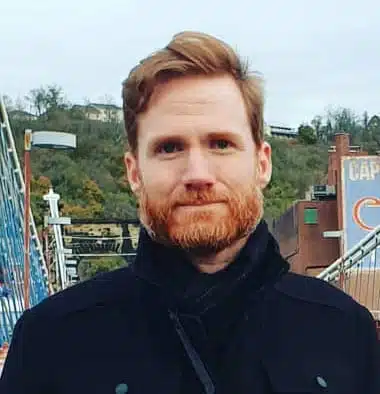

Invited Speaker
Tristan Claridge
Principal Consultant
Social Capital Research & Training
Certificate of attendance available
If you were tasked with increasing social capital as much as possible, what would you do? What would that look like? How can you ensure it is positive and as good as possible? If we intervene to build social capital, how can we be confident it will improve?
Conventional wisdom suggests we can build and strengthen networks, we can create new groups or organisations or strengthen existing groups, try to positively influence norms, and facilitate improved shared understandings by encouraging communication. Is that all we can do? Such an approach may have some positive impacts but seems somewhat haphazard. It will likely improve social capital, but what if the goal is not merely to make it a little better but to maximise it as much as possible.
In many aspects of human endeavour, we optimise to the nth degree, but with social capital, most people barely know how to improve it, and we have little idea how to maximise it, much less the notion to do so. It can be useful to consider the limits of social capital since this helps us to focus on what builds or improves social capital and, therefore, can inform interventions.
For some aspects of social capital, more is not always better. Some aspects of social capital may exist in equilibrium. And some aspects may have diminishing benefits or even become negative at high levels. This would suggest that social capital has a maximum, although not an absolute or tangible maximum. It suggests social capital is constrained and ultimately limited by various factors and processes. Examining what factors may ultimately limit social capital can inform our attempts to build social capital.
In this webinar, I will propose a new line of inquiry that aims to link interdisciplinary understandings to improve our understanding of social capital and how to build or improve it in any context.
About the presenter:
Tristan Claridge has been researching and applying social capital for over 20 years. Tristan is a geographer and environmental scientist with a passion for social processes and how social value is identified and communicated. Tristan has a deep and grounded understanding of social capital and its application, having worked on the concept from both the theoretical and practical perspectives. He draws on lessons of economics, sociology, political science, psychology, urban planning, and any other discipline that contributes understanding to the concept. In addition to his practical work with the concept, Tristan has been an active contributor to the academic debate about social capital. He is the convenor of the Social Capital Research group which has over 1000 members from over 140 countries. He has written over 200 open access articles on social capital and related topics and is actively engaged in ongoing research.
About Our Webinar Series
This event is part of our regular webinar sessions for social capital researchers including PhD/master students. These sessions include invited presentations from prominent scholars as well as presentations by PhD students and experts in professional practice.
For social capital researchers, these sessions are an opportunity to hear about the latest social capital research and insights from scholars working on the concept. They can be a great way to connect with people, to get advice, discuss ideas or issues, get suggestions for literature to read, or you can just listen.
Are you researching social capital and want to present your research? Click here for more information and to submit a proposal.
Generally, presentations can be 20 to 30 mins. The content of your presentation will depend on your research stage.

